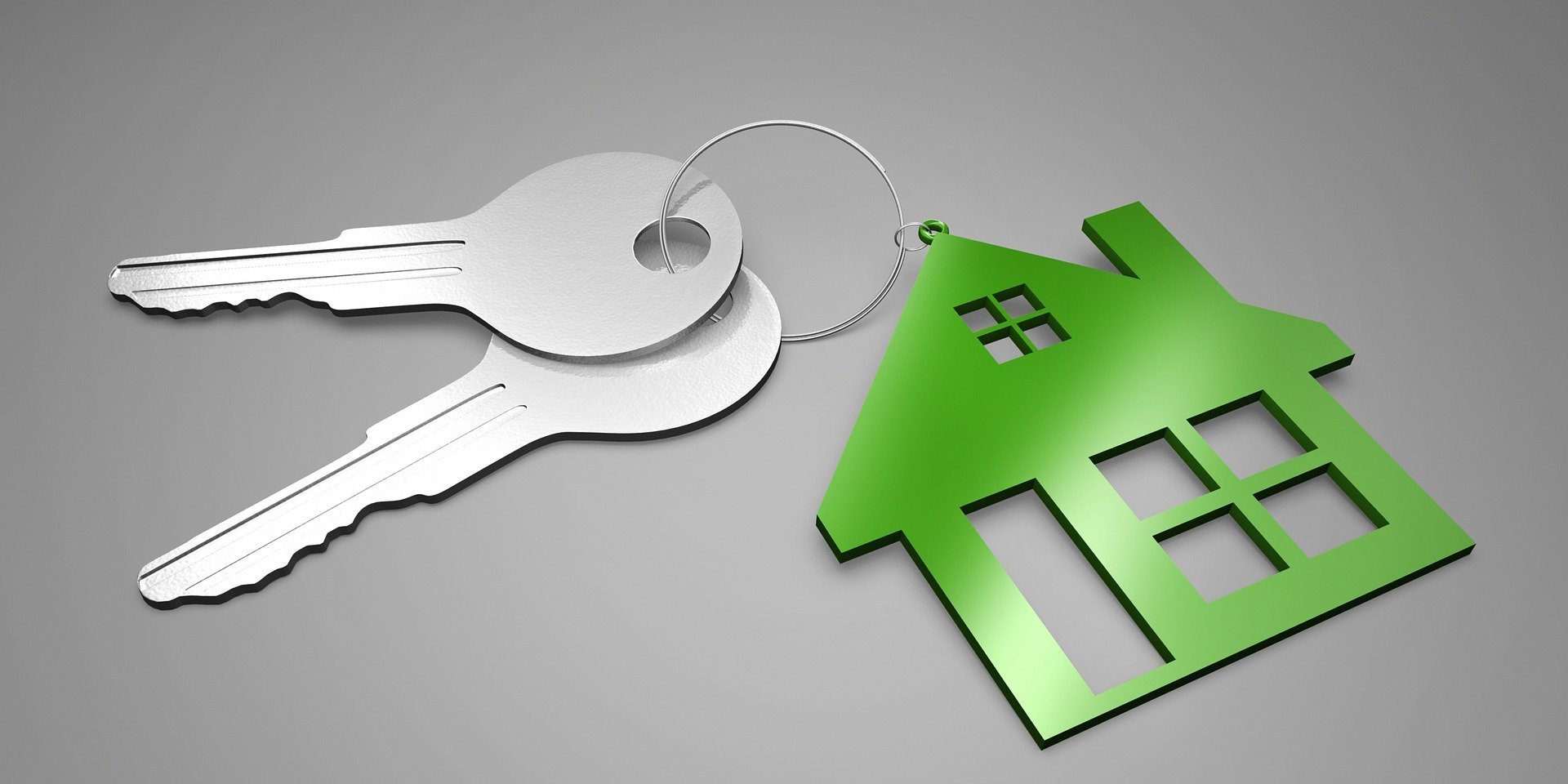Landlords and Legionella
Posted on 10th February 2020
If you’re a landlord of a property, you have a duty of care to ensure the safety of your tenants. Whether you’re renting out a house or a flat, renting out a room in a house or renting out on a short-term basis such as Airbnb, you still have a duty of care.
Legionella risks in domestic properties are low as water is used regularly and cold water comes from a mains supply. The Legionella bacteria thrives when water temperatures are between 20-45°C – they are dormant below 20°C and do not survive above 60°C. Most domestic water is either too cold or too hot for the bacteria. Despite the low risks, we advise undertaking regular testing.
When To Take Extra Precautions
If your property has not been occupied for a period of time, especially in the summer months, there is an increased risk. Make sure you flush out the system before new tenants move in to reduce any Legionella risks.
Other precautions include taking the water temperatures making sure that the hot water is above 60 °C. You can also make sure any water tanks in the property are covered securely to prevent any debris getting in.
What Your Tenants Can Do
Your tenants also have a responsibility for their own safety when it comes to Legionella.
If there are any problems with the hot water system, they need to contact you as soon as possible. They also need to clean the showerhead on a regular basis, to prevent limescale build up and keep the water flowing – this leaves less opportunity for the bacteria to take hold.

What The Law Says Landlords Must Do About Legionella
By law, landlords must:
Ensure all tenants are protected from the risked posed by Legionella
Conduct a Legionella risk assessment
Introduce any necessary measures that reduce the risk posed by Legionella to your tenants
While it is not a legal requirement to produce a Legionella water sample test certificate, a landlord may be liable to prosecution under the HSWA if a tenant were to contract Legionnaires’ disease from the water system in their home. The landlord would then have to provide evidence to a court that they had fulfilled their legal responsibility under HSWA and COSHH. A written record of a Legionella risk assessment would be considered adequate evidence by a court.
Typical Costs For GES Water To Perform A Legionella Risk Assessment
1-6 bedroom house – £72+VAT per property
6+ Bedroom property – £80+VAT per property
For blocks of apartments where we can carry out multiple assessments, the price for risk assessments can be as little as £45 per apartment. We can also give tailored prices for larger premises or high volume assessment work.
Tagged as: Landlord, Legionella
Share this post:


